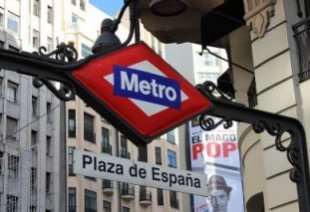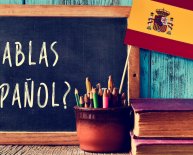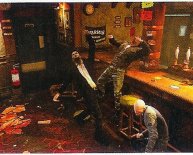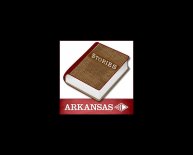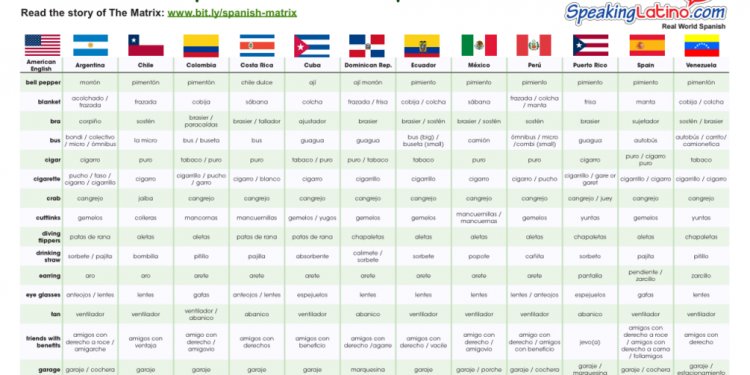
Spanish basic words and phrases
 Thinking about traveling to Spain? Here are a few slang words and phrases that are helpful to know before you start hitting up the tapas bars!
Thinking about traveling to Spain? Here are a few slang words and phrases that are helpful to know before you start hitting up the tapas bars!
The Spanish language has a long and varied history, affected by its central location between Europe, Africa, and the Americas. Even within Spain there are around a dozen different spoken languages! But don't let that scare you away. While Spain has many different languages, Castilian Spanish being one of them, the following words are used and understood by Spaniards nationwide.
If there's one word you should know, it's this one. You'll hear it everywhere. It's used to affirm something – okay, alright, sounds good, understood. It also can be used as a question of verification.
Example
You: Desayunamos a las 7h. ¿Vale? (We'll eat breakfast at 7:00. Okay?)
Friend: Vale. (Okay/alright/sounds good).
You'll hear this more than you'll hear hola. It can be used at any time of day!
Example:
You: Buenas. (Hello)
Shopkeeper: Buenas. ¿Puedo ayudarte con algo? (Hello. Can I help you with something?)
 3. Tío/tía = Guy/girl, man/woman
3. Tío/tía = Guy/girl, man/woman
An informal way to address or refer to someone. You might think everyone is calling each other aunt and uncle at first. But they're not.
Example:
You: ¿Qué te pasa, tía? ¿Estás bien? (What’s going on, girl? Are you okay?)
Friend: Nada, nada, solo tengo un dolor de cabeza. (Nothing, nothing, I just have a headache.)
Up your street cred with this one.
Example:
You: Fui a una fiesta anoche y conocí a Enrique Iglesias. (I went to a party last night and met Enrique Iglesias.)
Friend: ¡Que guay! (How cool!)
Usually the first thing someone says when first seeing someone else. The typical response is bien, or good, just like in English.
 Example:
Example:
Friend: ¿Qué tal? (How are you?)
You: ¡Bien! ¿Y tú? (Good! And you?)
The Spanish way of saying it's all good.
Example:
You: ¡Estoy perdido y confundido! (I am lost and confused!)
Stranger: No pasa nada. Hay mapas en la estación del metro que está allí en la esquina. (Don't worry about it! There are maps at the metro station over there on the corner.)
If you go up north, you'll want to order pinchos. They're basically the same as tapas, though pinchos are usually bigger and are served on a skewer on top of bread.
Example:
Friend: ¿Vamos esta noche por unos pinchos (We'll go tonight for some tapas?)
You: Vale. (Sounds good.)
Used to express disbelief.
Example:
You: Ayer, comí una pizza entera. (Yesterday, I ate a whole pizza.)
Friend: ¡Venga hombre! ¿Una de las grandes? (No way! One of the big ones?)
It ain't spaghetti.
Example:
You: ¿Queréis venir conmigo al cine? (Want to come to the movies with me?)
Friend: Sí, pero no puedo porque no tengo pasta. (Yes, but I can't because I don't have money.)
How everyone says good-bye. It's short for hasta luego, and used much more often than adiós.
Example:
You: Tengo que irme. ¡Gracias por tu ayuda! (I have to go. Thanks for your help!)
Person: No pasa nada. ¡'Sta logo! (It's all good. See you later!)
Now you're ready to book your travels to Madrid, Barcelona, or Sevilla. Remember to take this list with you on your travels. Have a safe journey!
For other travel vocabulary lists, check out these related blog articles:
View More Articles


